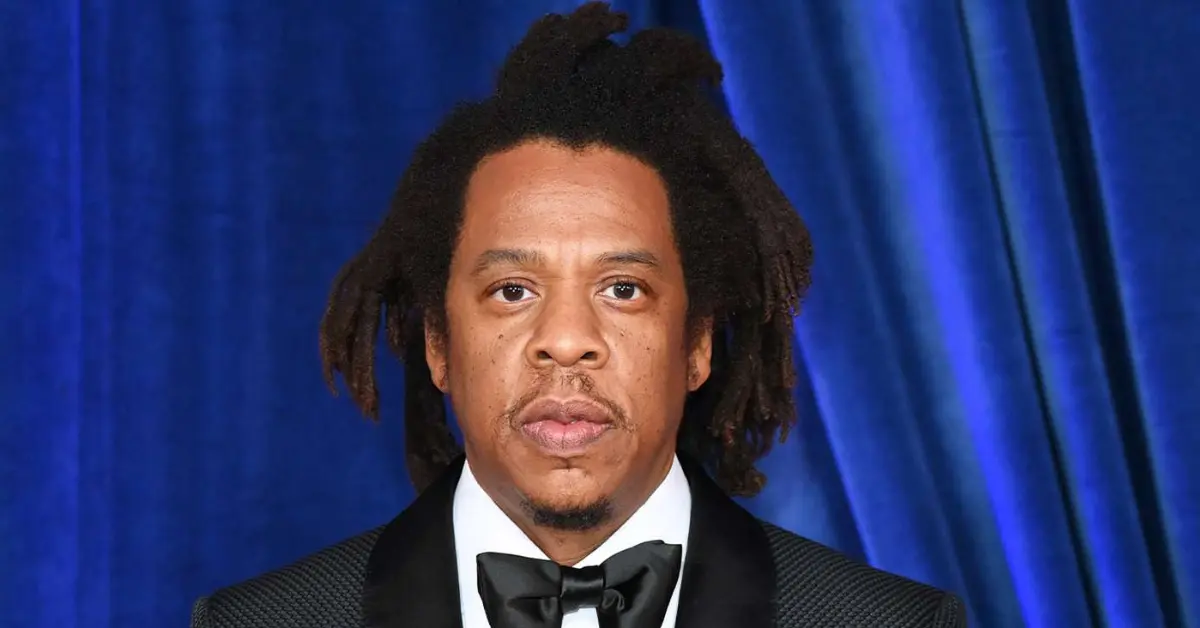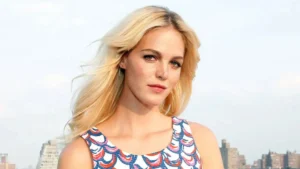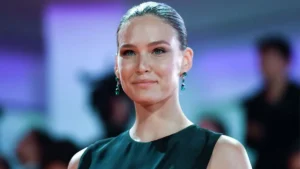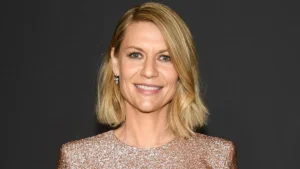If you’ve ever wondered how Jay-Z’s fortune stacks up in 2025, here’s the breakdown: Forbes estimates his net worth at around $2.5 billion, making him not only hip-hop’s first billionaire but one of the wealthiest entertainers alive. What makes that number remarkable is how diversified it is — Jay-Z’s wealth isn’t just from selling records, it’s spread across music, business, and culture.
A large slice of his empire comes from music catalog ownership — his publishing rights and master recordings continue to generate streaming revenue globally. Then there’s Roc Nation, his all-in-one talent agency spanning sports, music, and entertainment. Add in luxury liquor brands, with his Armand de Brignac champagne and the blockbuster Bacardi deal for D’Ussé, and you’ve got revenue streams worth hundreds of millions.
On the investment side, Marcy Venture Partners has stakes in big names like Uber and Savage X Fenty, while Jay-Z also holds value in real estate (multi-million-dollar homes coast to coast) and art (including prized Basquiat pieces).
In short, Jay-Z’s $2.5 billion is less a single paycheck than a carefully built portfolio — proof that ownership, not endorsement, is what defines modern celebrity wealth.
Where Does Jay-Z’s Money Come From?
It turns out the rapper-turned-mogul makes far more from boardrooms than from beats. While Jay-Z’s rhymes built the foundation, the real fortune comes from a diversified portfolio that stretches far beyond music. Here’s where the $2.5 billion empire really flows from:
Music catalog & publishing rights
Owning his masters has proven to be one of Jay-Z’s smartest moves. His catalog, valued at an estimated $75–100 million, generates steady income from streaming, licensing, and publishing. Unlike many artists who signed away rights early on, Jay-Z flipped the script by betting on ownership.
Roc Nation
Launched in 2008, Roc Nation has become a cultural headquarters — part talent agency, part record label, part sports management powerhouse. With clients ranging from Rihanna to NFL stars, it’s estimated to contribute $150–200 million to his net worth, proving that influence across industries pays.
Liquor brands
Perhaps Jay-Z’s flashiest deals come from champagne and cognac. He sold a 50% stake in Armand de Brignac to LVMH in 2021, valuing the brand at over $600 million, while his dispute-turned-settlement with Bacardi over D’Ussé valued his stake at around $750 million. Together, these deals amount to nearly half of his fortune.
Marcy Venture Partners
Named after his Brooklyn roots, Jay-Z’s venture capital firm has invested in Uber, Savage X Fenty, Fanatics, and Impossible Foods. While exact valuations fluctuate, analysts estimate his venture stakes at $200–300 million, positioning him squarely within Silicon Valley circles.
How Did Jay-Z Become Hip-Hop’s First Billionaire?
Jay-Z’s billionaire story starts in the Marcy Projects of Brooklyn, where hustling was survival. He turned that mindset into music, co-founding Roc-A-Fella Records in 1995 when labels wouldn’t sign him. Independence became his edge.
By the early 2000s, albums like The Blueprint and The Black Album made him a global star. But he didn’t stop at selling millions of records — he sold the idea of ownership. “I’m not a businessman, I’m a businessman,” wasn’t just a lyric; it was a blueprint.
Jay-Z bought back his masters, launched Roc Nation as a full-service entertainment company, and secured equity in ventures from streaming (Tidal) to sports. His boldest moves came in lifestyle industries — champagne, cognac, fashion, and art — where margins outpaced music.
In 2019, Forbes officially named him hip-hop’s first billionaire, citing his liquor, art, and real estate holdings. It was a watershed moment: a rapper from Brooklyn’s projects had built an empire on strategy, not just songs.
He didn’t just rap about hustling. He applied it. Every pivot — from labels to liquor to Silicon Valley — was about ownership, leverage, and legacy. That’s how Shawn Carter became Jay-Z, and how Jay-Z became hip-hop’s first billionaire.
Jay-Z’s Marcy Venture Partners — The Silicon Valley of Hip-Hop?
So, what exactly is Marcy Venture Partners (MVP)? At its core, it’s Jay-Z’s venture capital firm, co-founded in 2018 with Larry Marcus and Jay Brown. Think of it as the intersection where culture meets capital — a fund designed to back companies shaping lifestyle, tech, and inclusivity.
MVP’s portfolio reads like a who’s who of next-generation brands. Early stakes in Uber and Impossible Foods showed Jay-Z’s eye for disruption. His investment in Savage X Fenty, Rihanna’s lingerie line, was equally savvy — betting not just on fashion, but on a cultural shift toward diversity and body positivity. Add in plays in blockchain, sustainability, and direct-to-consumer brands, and you see a strategy that mirrors his music career: ahead of the curve, built for longevity.
What makes MVP stand out isn’t just the money. It’s the cultural alignment. Jay-Z and his team back brands that resonate with younger, diverse audiences — companies that don’t just sell products, but tell stories.
Savage X Fenty, valued at over $3 billion, proves the point. MVP didn’t just invest in a business; it invested in a movement. That’s why some call MVP the “Silicon Valley of hip-hop” — a hub where culture is the currency.
Jay-Z vs. Diddy vs. Kanye: Who Is the Richest Rapper in 2025?
When it comes to rap’s richest, three names dominate the list — Jay-Z, Diddy, and Kanye West. But in 2025, only one clearly sits at the top. According to Forbes and Bloomberg estimates, Jay-Z leads with roughly $2.5 billion, followed by Diddy at about $400 million, and Kanye, whose fortune fluctuated after losing major brand deals, hovering near $400 million.
| Rapper | 2025 Net Worth (est.) | Main Wealth Drivers |
| Jay-Z | $2.5B | Liquor brands, Roc Nation, ventures, music catalog |
| Diddy | $400M | Cîroc vodka, DeLeón tequila, Revolt TV |
| Kanye | $400M | Yeezy royalties, fashion, and real estate |
The differences aren’t just in the numbers — they’re in the models. Jay-Z’s edge is ownership: from liquor to publishing, he controls his stakes. Diddy thrives on liquor partnerships, with Cîroc and DeLeón making him the king of branding longevity. Kanye’s peak came from Yeezy’s hype-driven empire, but after Adidas cut ties, his valuation plummeted, proving how fragile reliance on one brand can be.
Jay-Z didn’t just build wealth; he built durability. In the battle of hip-hop billionaires, the Brooklyn mogul still sets the standard.
How Power Couple Economics Shaped the Carter Empire
Together, Jay-Z and Beyoncé are worth over $3 billion — but the math only tells part of the story. Their true power lies in how they’ve merged music, business, and cultural influence into a single brand: the Carters.
On their own, each is a mogul. Jay-Z has Roc Nation, liquor empires, and venture capital. Beyoncé has Ivy Park, film projects, and a touring machine unlike any other. But when they move together, the effect multiplies. Take Tidal, their once-criticized streaming platform, which gained legitimacy thanks to their joint star power. Or look at the On the Run II Tour, which grossed nearly $1 billion worldwide, cementing them as music’s ultimate draw.
Beyoncé’s fashion ventures and Jay-Z’s business plays often complement one another — a textbook example of power couple economics. Beyond the money, the optics matter: two Black artists from humble beginnings now stand as cultural royalty, projecting an image of partnership, resilience, and legacy.
In business and art alike, the Carter empire isn’t just about who earns more. It’s about how, together, they’ve rewritten the playbook for what a celebrity couple can achieve.
Does Jay-Z Still Make Money from Music in 2025?
Even when he’s not dropping albums, Jay-Z’s music is still making bank. Though he hasn’t released a solo project since 4:44 in 2017, his catalog continues to generate tens of millions annually. Owning his publishing and master recordings means every stream, sync deal, and licensing opportunity funnels money back to him — something most artists can’t claim.
Streaming keeps classics like Empire State of Mind and 99 Problems alive on playlists, while publishing royalties add another layer of passive income. On top of that, live performance rights and touring residuals from his extensive career still flow in. And when Jay-Z does appear on stage — whether it’s a surprise festival set or a one-off event — the payouts are massive.
So yes, Jay-Z might spend more time in boardrooms than studios these days, but his music remains a cash machine. Ownership ensures the checks never stop.
Jay-Z’s Billion-Dollar Liquor Deals Explained
Here’s how Jay-Z turned bottles into billions. Two of his biggest wealth drivers come from champagne and cognac — and unlike most celebrity endorsements, he actually owned the brands.
First, there’s Armand de Brignac, better known as “Ace of Spades.” In 2021, Jay-Z sold 50% of the champagne house to luxury giant LVMH, a deal that valued the brand at around $600 million. It was a textbook example of buying low (he purchased the struggling label in 2006) and building cultural cachet until the world’s biggest luxury company came knocking.
Then came the headline-grabbing D’Ussé deal with Bacardi. After a lengthy legal dispute, Jay-Z agreed to sell the majority of his stake in 2023 — a settlement that valued his share at roughly $750 million.
Combined, these two liquor plays account for well over $1 billion of his fortune. More importantly, they prove Jay-Z’s philosophy: don’t just endorse the bottle, own it.
Real Estate & Art — The Quiet Pillars of Jay-Z’s Wealth
Not all of Jay-Z’s fortune comes from headline-making deals. Some of his wealth sits quietly in bricks, mortar, and canvas. Together with Beyoncé, he owns an enviable property portfolio: a Tribeca penthouse in Manhattan, a sprawling Hamptons retreat, and their crown jewel — an $88 million Bel Air estate that became internet-famous for its helipad, bulletproof windows, and futuristic smart-home systems. These aren’t just homes; they’re long-term assets in America’s most exclusive ZIP codes.
Then there’s art — the ultimate status symbol. Jay-Z has been vocal about collecting, particularly works by Jean-Michel Basquiat. A single Basquiat can command tens of millions, and his pieces have only grown more valuable over the past decade. For Jay-Z, owning art is both an investment and a cultural statement — aligning himself with a lineage of Black artistry that reshaped modern art.
Together, the Carters’ real estate and art holdings illustrate a quieter, more traditional side of wealth. They’re not as flashy as champagne deals, but they’re just as effective at preserving legacy.
What Sets Jay-Z Apart from Other Celebrity Entrepreneurs?
Observers note that while others rent fame to brands, Jay-Z built brands of his own. That’s the sharpest dividing line between him and most celebrity entrepreneurs. Where many stars cash quick checks by fronting a sneaker line or a vodka label, Jay-Z insisted on equity and control. He didn’t just lend his name — he demanded ownership.
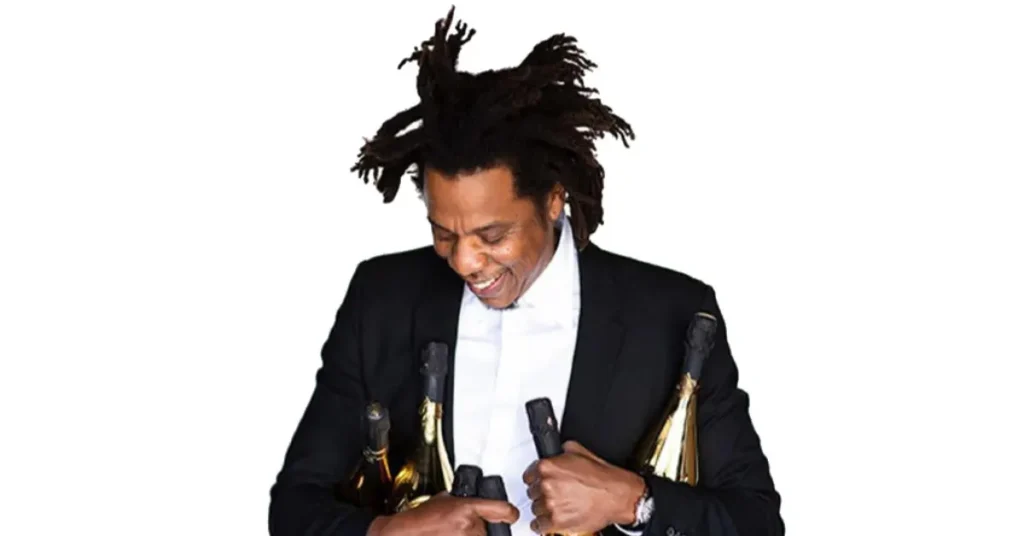
This mindset has given him durability. Endorsements fade when the hype cycle ends, but companies like Armand de Brignac, Roc Nation, and Marcy Venture Partners keep compounding in value. As he once put it in an interview, “I’d rather own than be owned.” That philosophy set him apart long before “equity” became a buzzword in Hollywood.
Why has his model outlasted peers? Partly because he plays the long game, choosing industries — music rights, liquor, tech — where assets grow over time. And partly because Jay-Z blends business with cultural storytelling. He doesn’t just sell products; he sells movements.
Inside the Jay-Z Effect: A Personal Reflection
I’ll never forget the first time I heard Jay-Z perform Empire State of Mind live. The crowd’s roar rattled through the arena, thousands of voices shouting back every line as if the song belonged to all of us. At one point, champagne bottles popped somewhere behind me, and the entire section felt like a block party that had somehow been dropped inside a stadium.
For me, it clicked then: Jay-Z isn’t just a billionaire businessman, he’s a cultural conductor. The same presence that can sell out Madison Square Garden also powers a venture capital pitch meeting or a billion-dollar liquor deal. His reach feels bigger than money because it’s rooted in influence — the ability to make people believe they’re part of something larger.
It’s easy to reduce his story to numbers, but the “Jay-Z Effect” lives in these moments. It’s the blend of artistry, hustle, and vision that turns a Brooklyn kid from Marcy Projects into a global mogul. Wealth explains his empire; experience explains his impact.
Jay-Z as the Blueprint for Cultural Billionaires
Jay-Z’s rise to a $2.5 billion empire is more than a personal success story — it’s a template. His path shows that in the 21st century, wealth isn’t just about hits on the charts; it’s about ownership, cultural resonance, and diversification. From Roc Nation to Marcy Ventures, from liquor brands to Basquiat paintings, every move reflects a philosophy that outlasts trends: build equity, not endorsements.
In 2025, Jay-Z proves that hip-hop’s real power isn’t in record sales — it’s in building empires. That line could apply to athletes, actors, or influencers navigating today’s landscape, where cultural capital often precedes financial capital.
For the next generation of celebrity entrepreneurs, the Carter playbook is clear: don’t just chase deals, build ecosystems. Jay-Z didn’t simply monetize fame; he turned it into an infrastructure for lasting influence. And in doing so, he rewrote what it means to be a mogul in modern culture.
Nishant Wagh is the founder of The Graval and a seasoned SEO and content strategist with over 15 years of experience. He writes with a focus on digital influence, authority, and long-term search visibility.










